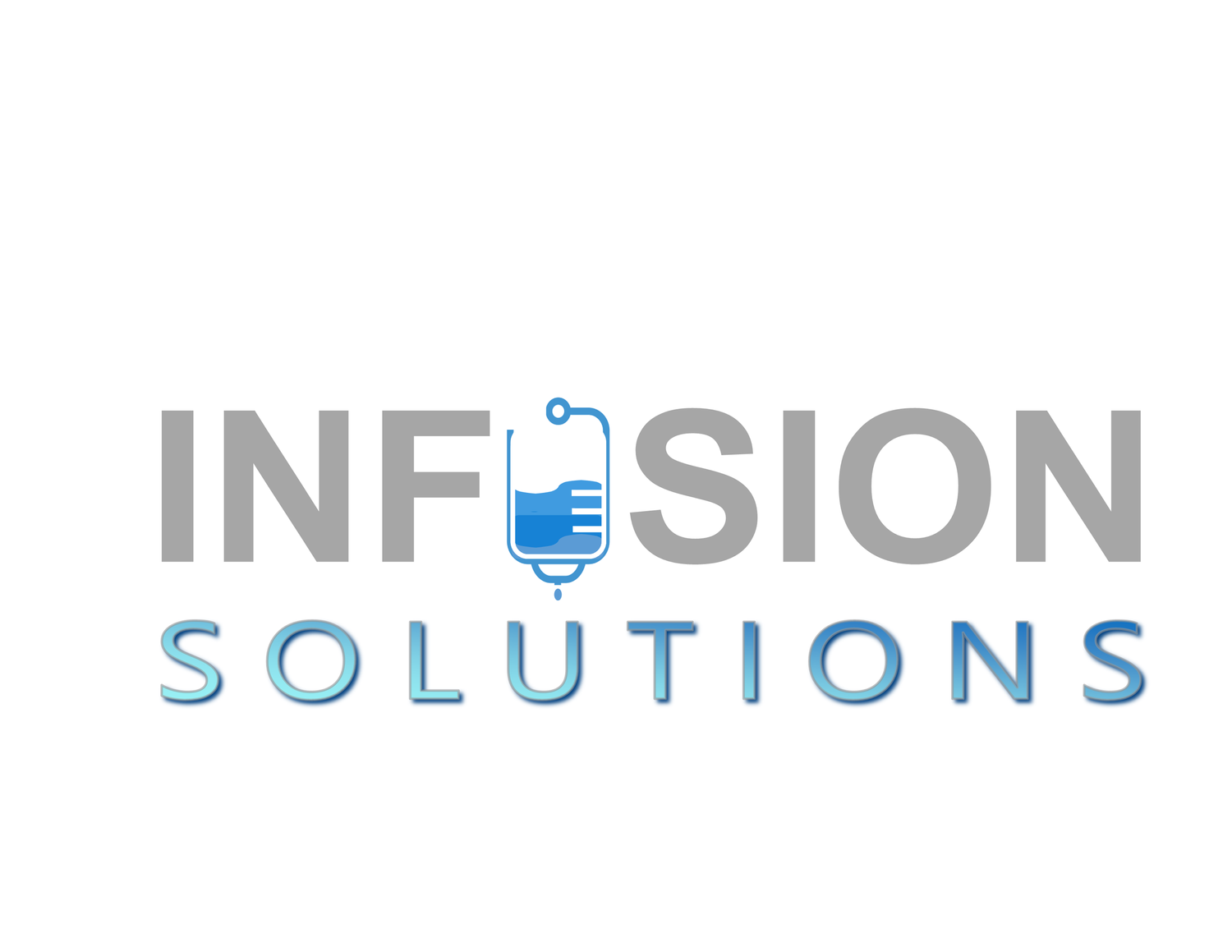Is Ocrevus Infusion Right for You?
What is Ocrevus infusion?
Ocrevus (ocrelizumab) is a disease modifying drug (DMD) issued by prescription infusion for adults with relapsing or primary progressive forms of multiple sclerosis (MS). An infusion therapy, Ocrevus is given through an IV placed in your arm and administered by a healthcare professional twice a year.
What does Ocrevus do for MS?
MS is caused by your immune system attacking the myelin surrounding the nerves in your brain. It is thought that specific types of B cells and T cells in your body are drivers of the attack. B cells play a central role in MS development as they activate the immune system in multiple ways, which includes recruiting T cells to attack neurons. Ocrevus has been designed to target a particular marker (CD20) on the surface of B cells, a type of white blood cell )lymphocyte) which is thought to be involved when the immune system attacks the myelin around nerve cells. The targeted B cells are destroyed.
Studies show that Ocrevus infusion reduces the number of relapses by about 70% compared to taking the placebo. During clinical trials, Ocrevus appeared to reduce disability progression and significantly reduce the number of lesions seen on MRI scans compared to beta interferon. Brain volume loss was reduced and more people with no evidence of disease progression (NEDA) were seen in those taking Ocrevus compared to those taking Rebif.
For more information about the results of Ocrevus in clinical trials, click here.
What is the Ocrevus infusion dosage and schedule?
The Ocrevus infusion is given every six months at an infusion center or your doctor’s office. The first dose of Ocrevus will be split between two treatments administered two weeks apart, for a total of three treatments your first year. Every dose after your first will be given as a single infusion six months apart, each lasting two - four hours.
If you haven’t experienced any serious infusion reactions in previous Ocrevus infusions, a shorter, two-hours infusion option is available. Talk to your doctor to see if you qualify for this option.
What to expect at your Ocrevus infusion
How long does the infusion take?
Your initial Ocrevus infusion appointment will take four to six hours, which includes pre-medication before the infusion as well as one hour of monitoring after the infusion.
What to bring with you to the infusion center
Bring some quiet activities with you to pass the time, such as electronics, handcrafts, crossword puzzles, or other entertainment. You may also wish to bring some snacks, a phone/computer charger, a blanket/pillow, and a water bottle.
What to expect pre-Ocrevus infusion
Before starting Ocrevus, you will have tests to check for HIV and Hepatitis B. Your white blood cell levels will also be checked. If you take medicine for high blood pressure, you may be asked to stop taking it for 12 hours before each infusion, as Ocrevus can lower blood pressure.
Your first 30-60 minutes pre-infusion will be spent with your healthcare team as they take your temperature, check your blood pressure, inquire about any active infections, and ask you questions about your overall health including pregnancy status (if applicable). Also, 30-60 minutes before your infusion, you will be given medications such as corticosteroids, an antihistamine, and anti-fever medication to help reduce possible infusion-related reactions.
What to expect during your Ocrevus infusion
You’ll be seated in a comfortable, supportive chair with your belongings. An infusion needle will be placed in your arm and connected to an infusion pump. Your Ocrevus infusion will last two to four hours. You may wish to speak with your doctor to see if the shorter two-hour Ocrevus infusion is available to you.
Your health care team will monitor you closely from pre- to post-infusion. If an infusion reaction occurs, your healthcare team may stop or slow the rate of your infusion.
What to expect post-Ocrevus infusion
Your healthcare team will monitor you for any side effects to your Ocrevus infusion for up to one hour post-infusion. Note: it is important to call your healthcare provider right away if you have any signs or symptoms of an adverse reaction up to 24 hours post-infusion.
How will I feel after Ocrevus infusion?
What are the side effects of Ocrevus infusion?
According to Ocrevus, Ocrevus infusion reactions may include:
Itchy skin
Rash
Hives
Tiredness
Coughing or wheezing
Trouble breathing
Throat irritation or pain
Feeling faint
Fever
Redness on your face (flushing)
Nausea
Headache
Swelling of the throat
Dizziness
Shortness of breath
Fatigue
Fast heart beat
Tell your healthcare provider if you experience any reactions up to 24 hours after your infusion.
Ocrevus infusion is a desirable treatment for many people who are battling MS. Speak with your health care team to see if Ocrevus is right for you. Infusion Solutions stands ready to schedule your appointment today!
